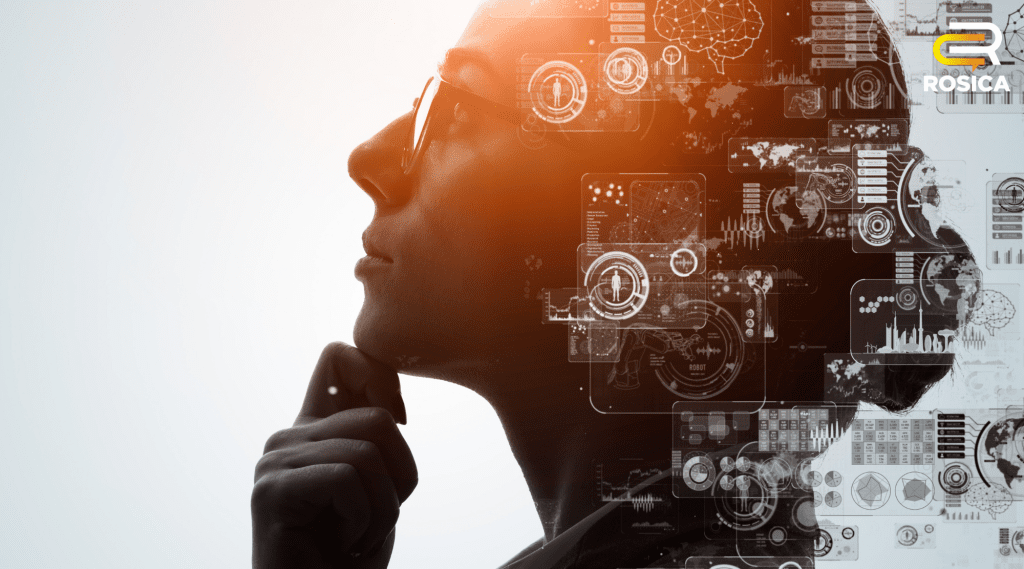Artificial intelligence (AI) is rapidly transforming the PR and marketing agency world. From refining messaging—to optimizing audience engagement—AI-powered tools, particularly generative AI and AI agents, are playing an increasingly pivotal role.
In crisis communications, media monitoring, and audience research, AI agents offer speed, efficiency, and adaptability that traditional PR methods grapple with. For a crisis communications agency changing PR, the challenges they present, and how organizations can effectively integrate them.
AI Agents in Crisis Communications
AI agents are automated digital assistants that can process vast amounts of data and simulate human-like interactions. While they do not replace (human) crisis communications teams, they are invaluable tools for media monitoring, message refinement, developing unique social media copy, and other time-consuming tasks that require immediate action and responses.
Real-time media and social monitoring is critical during times of crisis. AI agents can analyze news reports, social media conversations, and sentiment trends to inform crisis communication strategies. Unlike traditional (manual) monitoring, AI-powered analysis provides instant insights that allow PR professionals to adjust their messaging to changing issues and needs.
Another innovative use is in AI-generated personas, which simulate audience reactions to crisis responses. By modeling different demographics, interests, and biases, these personas help PR teams test messaging in real time. Compared to traditional focus groups, these tools provide greater speed, confidentiality, and adaptability. Rather than waiting days for feedback, PR teams can refine responses within minutes, ensuring messaging resonates effectively with diverse stakeholder groups.
The Challenges of AI Personas
Despite their advantages, AI-generated personas are not without flaws. Accuracy and bias remain significant concerns. Studies from Nature Communications and MIT suggest that while AI can simulate human-like responses, it can also reinforce stereotypes or generate misleading insights if not properly trained. Human oversight is an imperative here as well.
The reliability of AI personas depends on data quality and model training. AI systems trained on biased datasets may produce skewed audience simulations, leading PR teams to craft messages based on inaccurate assumptions. Additionally, AI-generated responses might lack the emotional nuance necessary for crisis communications, which rely on empathy and nuanced language.
To mitigate these risks, organizations should continuously refine AI models through specialized training. AI-driven insights should complement, not replace, human expertise. A hybrid approach—where AI assists with data processing while human PR professionals interpret and apply the findings—ensures a more balanced approach.
AI in Marketing: Efficiency Over Flash
While AI initially made headlines for generating creative content, its value in marketing is now shifting to efficiency-driven, backend functions. Marketers are shifting their focus from flashy AI-generated ads to data analysis, campaign optimization, and audience targeting.
For example, AI-powered tools such as Adobe Firefly’s Bulk Create and Meta’s AI-driven ad-generation tools streamline workflows by automating repetitive tasks. These tools allow marketers to generate multiple ad variations, adjust visuals, and fine-tune messaging at scale and in real-time.
However, skepticism remains. A MarketingDive report highlights concerns about AI-generated ads being perceived as “annoying” or “generic.” Over-reliance on AI can dilute brand authenticity, making it crucial for marketers to find the right balance between automation and human creativity.
Legal and Ethical Considerations of AI in Public Relations
As AI adoption in PR and marketing accelerates, so do legal and ethical risks. One pressing issue is copyright and content ownership. Who owns AI-generated content—the brand using the AI, the AI provider, or the original data source? Legal precedents are still evolving, creating uncertainty for companies looking to integrate AI into their strategies.
Data security is another concern, particularly when using international AI platforms like DeepSeek. With AI models trained on vast datasets from various sources, data privacy and intellectual property protections remain murky. Companies must assess whether AI-generated content complies with regulatory standards, especially when dealing with sensitive information or customer-specific-related content.
Marketing executives are also wary of the potential legal fallout. No brand wants to face a lawsuit over AI-generated content, making caution and compliance key priorities. Organizations should develop clear AI usage policies and consult legal experts to navigate this rapidly evolving landscape.
The Future of AI in PR and Marketing
AI agents are redefining crisis communication, audience engagement, and marketing strategies, but they come with challenges organizations must address. While AI enhances speed, scalability, and efficiency, human oversight remains crucial to mitigate biases, refine messaging, and ensure strategic and ethical use.
Nonprofit PR and for-profit comms. teams should adopt a blended approach—leveraging AI’s analytical power while incorporating human expertise to maintain quality control. As AI continues to evolve in 2025 and beyond, those who successfully integrate it into their PR and marketing strategies will be better positioned to lead in an increasingly AI-driven world.

